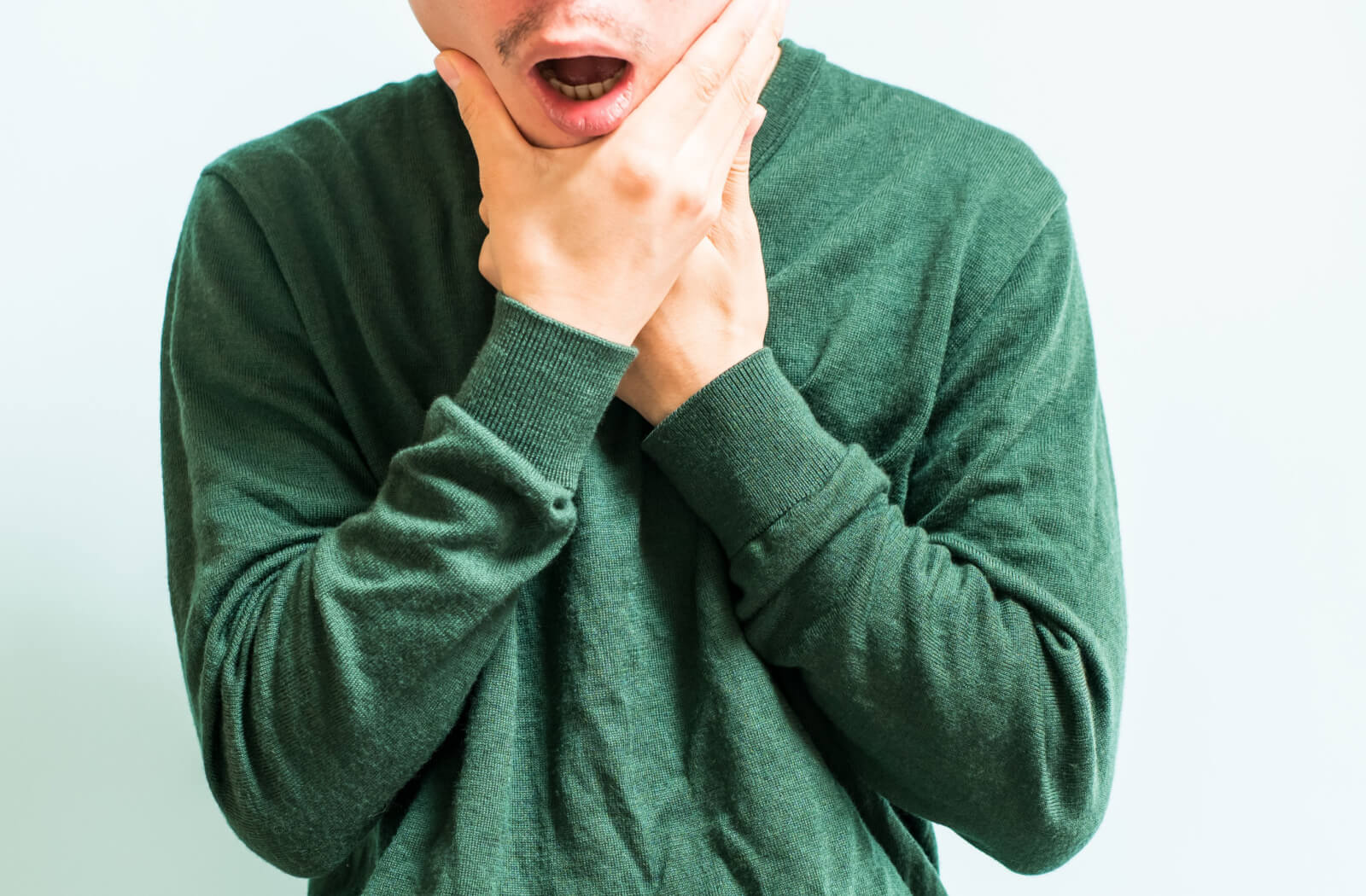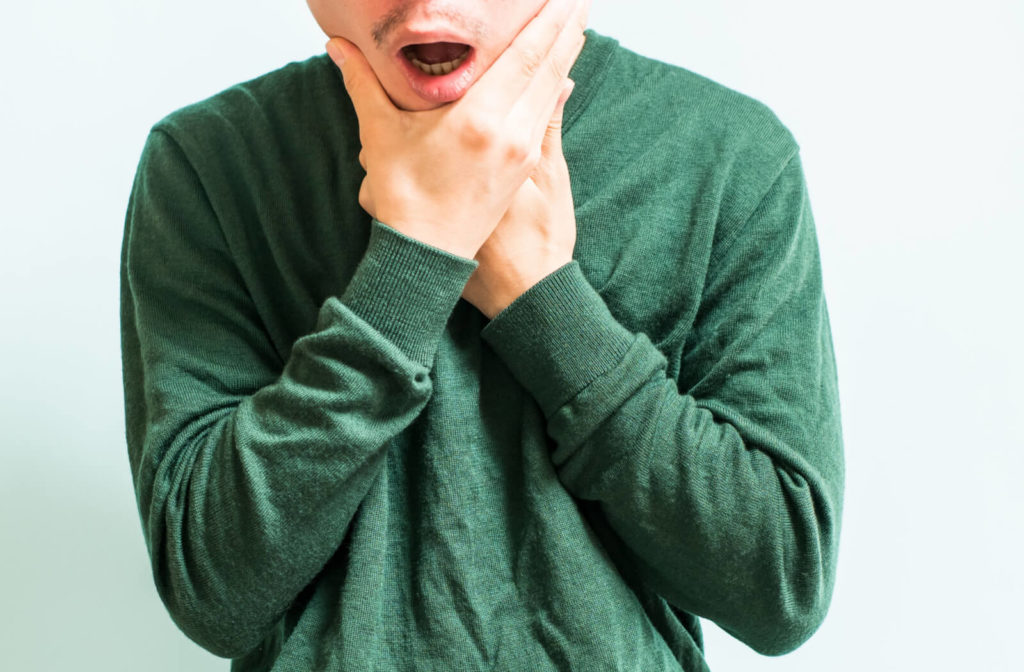Do you suffer from temporomandibular joint disorder (TMJ), or have you wondered if it can cause tooth pain? TMJ is a disorder that affects the jaw joints. In some cases, TMJ can cause pain when you are chewing or moving your jaw. If you’re experiencing these symptoms, consider contacting your family dentist.
Learning about the connection between TMJ and tooth pain can help you understand when to speak with your dentist about TMJ and your options for relief.
What Is TMJ?
The temporomandibular joint (TMJ) is the hinge that connects your lower jawbone to your head. It’s responsible for opening and closing the mouth, such as when you talk, chew, and yawn.
When this joint becomes inflamed or damaged due to injury or misalignment, it can cause a wide range of symptoms, such as headaches, jaw popping or clicking sounds when moving the jaw, and even neck pain.
There are many potential causes of TMJ, including grinding or clenching teeth during sleep (called bruxism), arthritis in the joint itself, stress-induced tension in the muscles of the face or neck area, or trauma from an accident or surgery.
How Does TMJ Affect Teeth?
When your jaw is misaligned due to TMJ disorder, it can put excessive strain and pressure on certain teeth, leading to significant discomfort when eating. This pressure can also cause enamel erosion and tooth decay because the uneven force on certain parts of the surface of your teeth means they are not receiving proper care and brushing where needed.
Can TMJ Cause Teeth to Hurt?
Most of the pain associated with TMD occurs around the joints and muscles in and near your jaw. TMJ is sometimes associated with tooth pain because of the pressure it puts on teeth and because it can be made worse by bruxism, which is a condition that can cause toothaches.
If you are experiencing tooth pain frequently, it is important to speak with your dentist about your symptoms so that you can work with them to find and treat the specific cause.

Treatments for Relieving TMJ Pain and Discomfort
Treating TMJ depends on the underlying cause and severity of symptoms. In cases where bruxism is to blame, dentists may recommend a night guard as a form of protection. Similar to how sports mouthguards protect teeth during activities, this type of mouthguard prevents tooth damage by providing a barrier and evenly distributing pressure while sleeping.
Various therapies are available to reduce symptoms and prevent worsening outcomes of TMJ disorders, some of which address the mental side of stress and anxiety related to bruxism to help reduce clenching and grinding. These therapies can include:
- acupuncture
- cooling therapy
- heat therapy
- resistance exercises & stretches
- tissue mobilization
Surgery might be suggested in severe circumstances, such as being unable to open the jaw after other treatments have proven unsuccessful. Your dentist may help you consult an oral surgeon for temporomandibular joint surgery evaluation at this stage.
Some studies have discovered a new prospect for TMD treatment via Botox injections with promising results. However, research in this field is still limited.
How to Prevent TMJ
Maintain Good Posture
Good posture can help keep your jaw joints in alignment, which helps reduce the risk of developing TMJ. Make sure your head is straight, your ears are aligned over your shoulders, and your chin is tucked slightly inward. If you need help achieving good posture, try using an ergonomic chair or cushion for additional support.
Manage Stress
Stress can contribute to the development of TMJ, so it’s important to find ways to manage it effectively. Exercise is a great way to relieve stress. Try going on walks or running outside to get fresh air. Meditation can also be beneficial. If these don’t work for you, find something else that does, like painting or listening to music—anything that works for you!
Avoid Unnecessary Jaw Movements
Frequently chewing gum or eating hard foods like nuts can strain your jaw muscles, leading to an increased risk of developing TMJ. Try avoiding these unnecessary jaw movements as much as possible and opt for softer foods when possible.
Visit Heritage Pointe Dental for TMJ Help
At Heritage Pointe Dental, we help and support those suffering from TMJ. Whether you’re feeling slight discomfort or serious symptoms, visiting us for a dental exam is the first step in finding relief. Early diagnosis can protect your oral health and get you on the path to recovery.
Contact us today, and let us take care of your smile!



